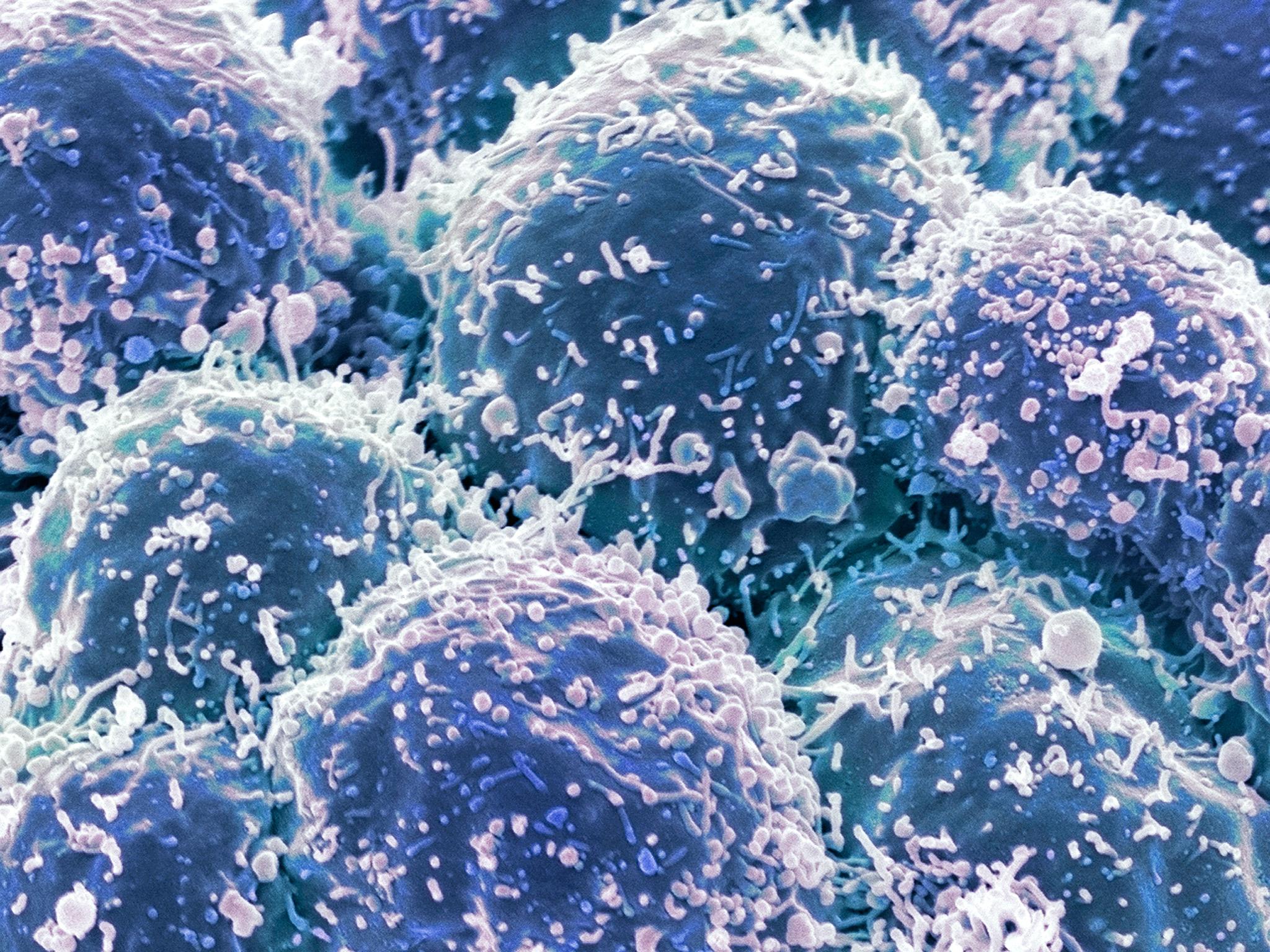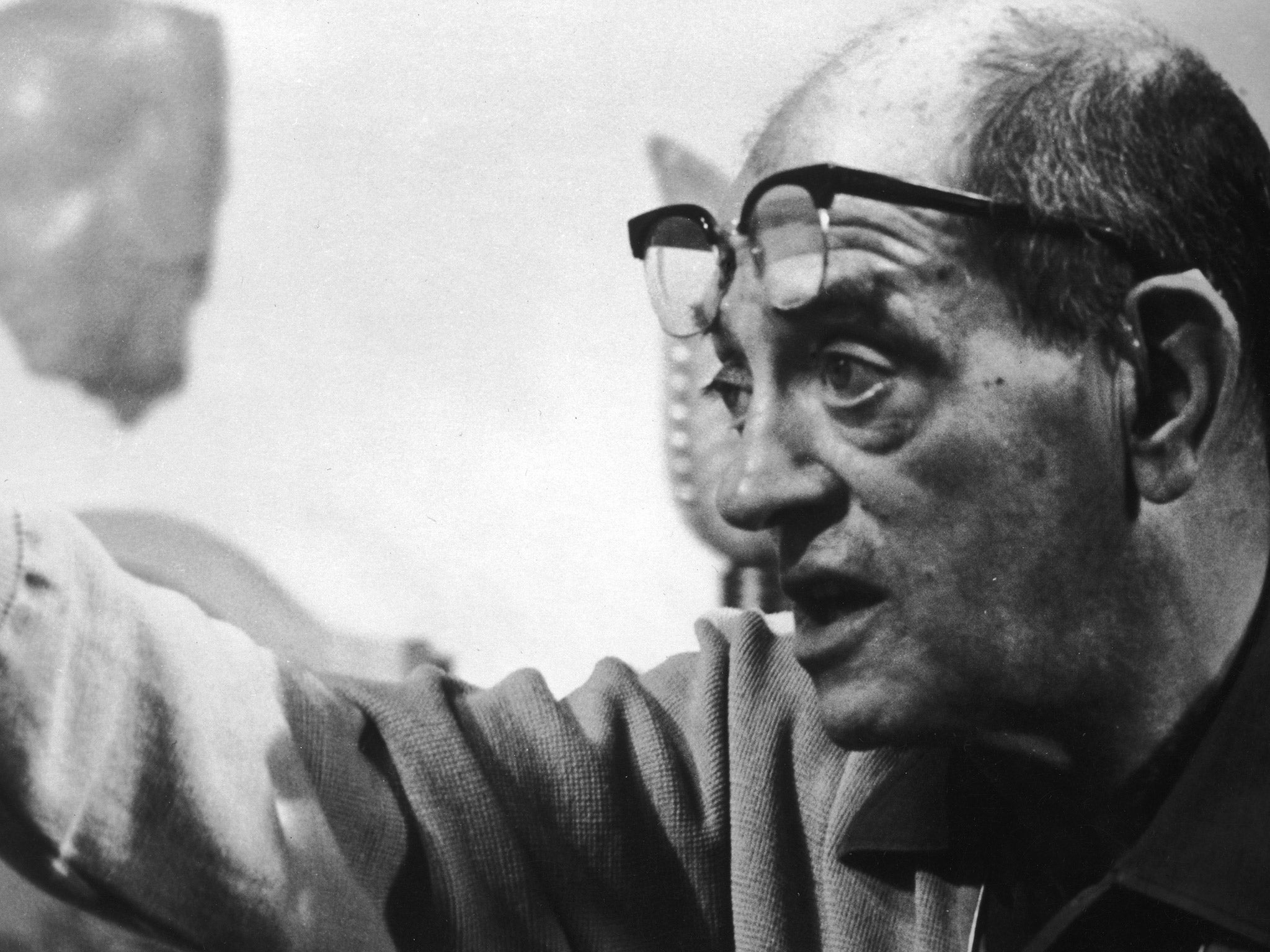Cancer is the 'best death' – so don't waste billions trying to cure it, says leading doctor
Dr Richard Smith believes the disease allows people to say goodbye and prepare to 'meet your maker or enjoy eternal oblivion'

Dying of cancer is the “best death” and we should “stop wasting billions trying to cure” it, a leading doctor has said.
Dr Richard Smith, a former editor of the British Medical Journal, said that cancer allowed people to say goodbye and prepare for death and was therefore preferable to sudden death, death from organ failure or “the long, slow death from dementia”.
Referring to the writings of surrealist Luis Buñuel, Dr Smith said that cancer was the closest thing to the filmmaker’s professed wish for “a slower death”.
“You can say goodbye, reflect on your life, leave last messages, perhaps visit special places for a last time, listen to favourite pieces of music, read loved poems, and prepare, according to your beliefs, to meet your maker or enjoy eternal oblivion,” Dr Smith wrote in a blog published for the BMJ, a journal he edited until 2004.

“This is, I recognise, a romantic view of dying, but it is achievable with love, morphine, and whisky. But stay away from overambitious oncologists, and let’s stop wasting billions trying to cure cancer, potentially leaving us to die a much more horrible death,” he wrote.
Dr Smith, who also worked as a TV doctor for the BBC and TV-AM for six years, is now chair of both the medical records company Patients Know Best and the International Centre for Diarrhoeal Disease Research.
In his blog, he argues that a quick, sudden death – despite being most people’s choice – can be hard on bereaved relatives and friends, particularly where there are unresolved issues in a relationship, while organ failure can leave people “far too much in hospital and in the hands of doctors,” he wrote.
A death following dementia, he writes “may be the most awful as you are slowly erased”.
Buñuel himself, who died in Mexico City of pancreatic cancer at the age of 83 in 1983, wrote that while he was “not afraid of death” he was “afraid of dying alone in a hotel room, with my bags open and a shooting script on the night table. I must know whose fingers will close my eyes.”
Cancer remains one of the most common causes of mortality in the UK, accounting for nearly one in three deaths. Last year [2014] a major milestone was reached in the development of treatments when Cancer Research UK announced that half of cancer sufferers now survive the disease for 10 years or more.
Join our commenting forum
Join thought-provoking conversations, follow other Independent readers and see their replies
0Comments